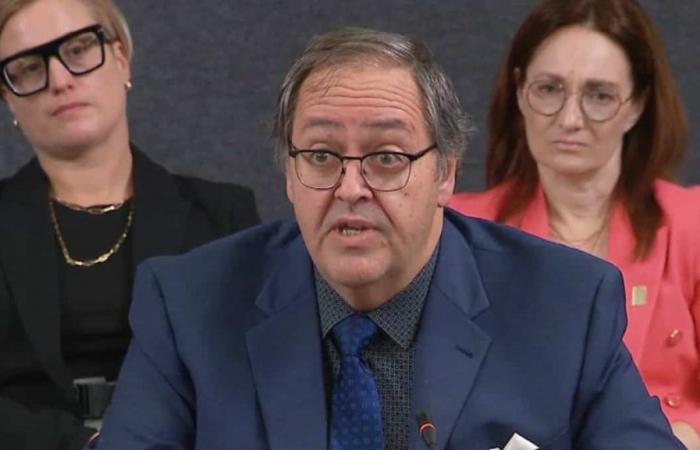Overwhelmed by patients influenced by ads ending with “Talk to your doctor,” one general practitioner suggests instead consulting pharmacists to learn about problems like nail fungus.
“It’s still great to see how pharmacists still do a good job on this. You should not be embarrassed to use them,” declared Dr. Pierre Martin, vice-president of the Federation of General Practitioners of Quebec, to Mario Dumont on QUB radio at 99.5FM Montreal.
Dr Pierre Martin highlights the impact of advertisements, particularly those on nail fungus. “How many consultations have ended with a shoe and stocking coming off, because they want to show us a toenail that has been like that for years, but which suddenly became a problem for the patient because he saw it on TV.”
Health system under pressure
With a shortage of staff, Dr. Martin is concerned about the relevance of certain consultations. “We are missing at least 1,500 family doctors in Quebec to provide adequate access to front-line services to the population,” he explained.
“Listen, could we be more relevant in the use we make of our resources? Because we won’t get there, resources are limited,” he added.
Half-truths and exaggerated fears
Dr. Martin denounces the “half-truths” conveyed by these advertisements. “Technically, there’s not that much contamination of that from person to person. Besides, when we ask people, if we hear that you have that, people often don’t even remember it anymore. It’s been years.”
“As they say, there is no Quebec family that has been decimated by onychomycosis. We have to put that into perspective.”
Framing of the advertisements in question
Dr. Martin questions the very need for drug advertising. “The question arises, why do we want to advertise a drug? In fact, the pharmaceutical company wants to sell.”
He proposes limiting the promotion of medicines to health professionals rather than the general public. “It takes longer to convince someone that this isn’t it than it does to convince someone that it should be,” he explained.
*This text, generated with the help of artificial intelligence, was reviewed and validated by our team based on an interview carried out at QUB.






